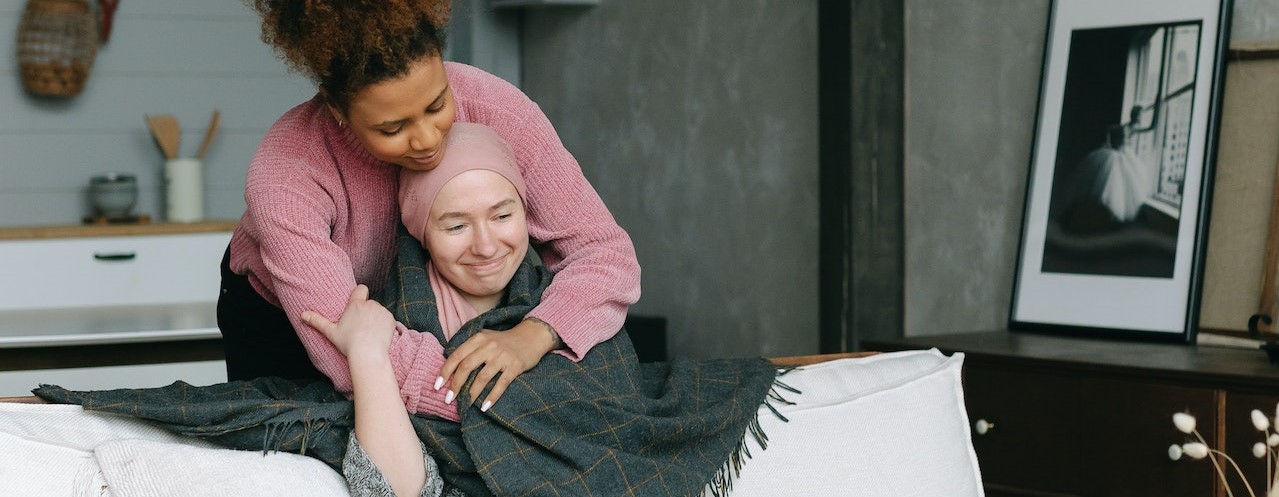The Most Common Breast Cancer Risk Factors You Should Know About

Photo by Tara Winstead under Pexels License
Do You Have Any of These 7 Risk Factors?
Did you know that 246,000 women and 2,400 men are diagnosed with breast cancer in the United States each year? Moreover, experts project that around 12.9% of the entire population of women in the country will develop this disease at some point in their lives.
Early detection of breast cancer is extremely important because it allows for the earliest possible treatment to increase the chances of survival and recovery. Breast cancer is often less aggressive and more likely to respond to treatment when detected in its early stages. In addition, early detection can also mean less invasive treatment options, which can have a significant impact on an individual’s physical and emotional well-being.
Besides allowing you to make informed decisions about your breast health, knowing your risk factors helps you take steps to reduce your risk, recognize the early warning signs of breast cancer, and seek medical attention if necessary.
What Are the Risk Factors for Breast Cancer?
It’s important to note that having risk factors doesn’t mean you’ll develop the disease. It simply means your chances of developing breast cancer are higher compared to others who do not have the risk factors. Check out the most common risk factors that could lead to the development of breast cancer.
1. Family history of breast or ovarian cancer
The BRCA1 and BRCA2 mutated genes that cause breast cancer can be passed on to the next generation and triggered at any point in a person’s lifetime. For this reason, if someone has an immediate family member — such as a grandparent, parent, or sibling — who was diagnosed or died of breast or ovarian cancer, their chances of getting breast cancer are higher than others who don’t have the same history. Furthermore, having a personal history of other types of cancer also increases a woman’s chance of developing breast cancer.
2. Unhealthy lifestyle
A sedentary or inactive lifestyle can increase a woman’s risk of developing breast cancer. The same can be said for people who consume a high-fat and high-cholesterol diet. Alcohol consumption also predisposes a woman to breast cancer, and the risk increases for every unit of alcohol consumed daily. The chemicals in these substances can affect cellular function and cause cell damage, leading to the development of cancer cells.
3. Exposure to radiation
Regular radiation exposure from CT scans and X-rays can harm the cells in the body. It can cause breast cancer once it triggers a cellular mutation.
4. Early menstruation or late menopause
Early menstruation or late menopause results in longer lifetime exposure to estrogen and progesterone. These hormones can fuel breast cancer development. Women who start menstruating before the age of 12 or experience menopause after age 55 are more likely to develop breast cancer because of the longer period these hormones have been circulating in their bodies.
5. Reproductive history
A woman’s reproductive history is a risk factor for breast cancer because it’s associated with the length of time their breast tissue is exposed to estrogen and progesterone. Having the first pregnancy after age 30, not breastfeeding, and never having a full-term pregnancy can raise breast cancer risk.
6. Use of hormone replacement therapy
Hormone replacement therapy (HRT) is usually a treatment for women who have undergone menopause and women who had their ovaries removed for certain health reasons. Since HRT uses a combination of estrogen and progesterone, this treatment is linked to breast cancer development. The longer cells are exposed to these hormones, the more chances they have of mutating and becoming cancer cells.
7. Long-term contraceptive use
Contraceptive pills contain progesterone and/or estrogen. Long-term use of contraceptive pills lengthens a woman’s exposure to these hormones and increases their risk of developing breast cancer.
You Can Use Your Old Car to Help Breast Cancer Patients in Your Area
You can use your unwanted vehicle to extend a helping hand to the breast cancer sufferers in your local community. When you hand it over to us at Breast Cancer Car Donations, we’ll turn your old beater into a powerful tool for saving lives.
We’ll auction off your donated vehicle and use the proceeds to support our charity partners in delivering comprehensive breast health services to uninsured and indigent breast cancer patients.
Our partners are IRS-certified 501(c)(3) breast cancer nonprofit organizations that provide their beneficiaries with easy access to top cancer centers as well as financial assistance to cover the costs of their treatments, doctor consultations, hospital fees, medications, and other essential health care services. They also provide their beneficiaries with free breast cancer screening and diagnosis as well as cancer prevention and education services.
To repay you for your charitable contribution, we’ll provide you with our free pickup and towing service at a date, time, and place of your convenience. Your donation will also entitle you to claim the maximum tax deduction in the next tax season.
However, the best reward you’ll get is not a material thing. It’s the joy and satisfaction you’ll experience, knowing that your donation will be used to help save lives.
You can donate just about any type of vehicle, whether it’s still in good condition or not. You’re also free to make your donation from any point in the country since our vehicle donation program covers the entire United States.
To learn more about our work, including our quick and easy donation process, check out our FAQs page. If you have any inquiries or concerns, don’t hesitate to contact us anytime through our toll-free hotline at 866-540-5069 or message us here.
Become a Lifesaver Today!

Photo by Thirdman under Pexels License
You can do something wonderful with your unwanted vehicle — you can turn it into a lifesaver! Call Breast Cancer Car Donations at 866-540-5069 or fill out our secure online donation form now!
Last Updated: May 18th, 2023
